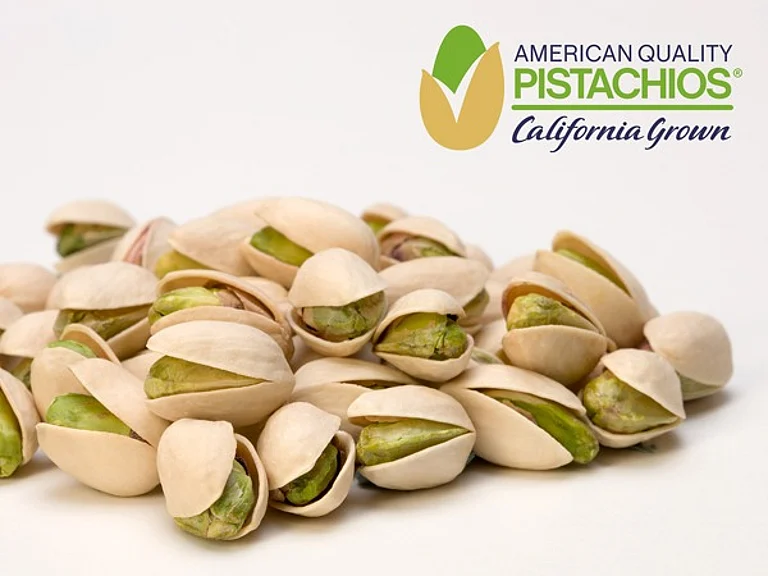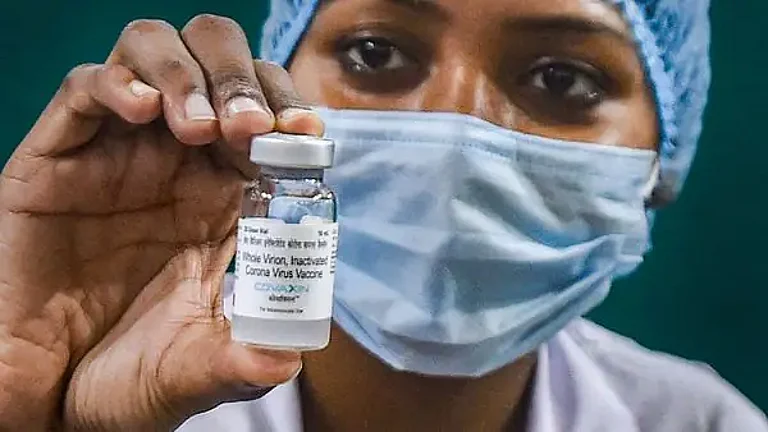Within a little over a week since the UK-based pharmaceutical giant AstraZeneca announced a global roll back of its Covid-19 vaccine citing commercial reasons amid a row over the vaccine causing Thrombosis Thrombocytopenia Syndrome (TTS), fresh research has identified its potential to cause another rare blood clotting disorder called Vaccine-Induced Immune Thrombocytopenia and Thrombosis (VITT).
Recently, Astrazeneca's vaccine, globally known as Vaxzevria, or Covishield in India, came under scrutiny as the pharma company admitted in court documents that in 'very rare cases' Covishield could cause a blood clot-related disorder called Thrombosis Thrombocytopenia Syndrome (TTS) .
What is VITT?
According to the scientists from Australia's Flinders University, VITT emerged in 2021 during the Covid-19 pandemic following widespread usage of the Oxford-AstraZeneca vaccine, which is based on adenovirus vectors. The blood clotting related disorder, as per research, occurs within 4 to 42 days of taking the Covid vaccine.
VITT: Symptoms, cause of concern
According to the American Society of Hematology, the symptoms could include the following:
severe headache
visual changes
abdominal pain
nausea and vomiting
back pain
shortness of breath
leg pain or swelling and easy bruising or bleeding.
AstraZeneca's Covid-19 vaccine: The Flinders University research
According to the study recently published in the New England Journal of Medicine, the primary causative agent of VITT is a harmful blood autoantibody which targets a protein called platelet factor 4 (PF4).
In simple terms, an autoantibody is defined as a type of antibody produced by the immune system that mistakenly launches attacks on the body's own tissues, considering them foreign invaders causing hard to cure autoimmune diseases.
The patients affected by autoimmune disorders are very prone to develop blood clots in unusual places like the brain or the abdomen. They also have high levels of a substance called D-dimer in their blood.
Back in 2022, Flinders University researchers, Dr Jing Jing Wang and Professor Tom Gordon, identified a genetic risk factor related to the PF4 antibody and from their recent collaboration with international researchers, it has been observed that PF4 antibodies in both vaccine-related VITT and natural adenovirus infections share identical molecular signatures.
This new study based on a novel method designed at Flinders University, shows that a common factor in viruses and vaccines triggers these harmful antibodies. The research also highlighted that the mechanisms of antibody production in these disorders are nearly identical and share similar genetic risk factors.



























